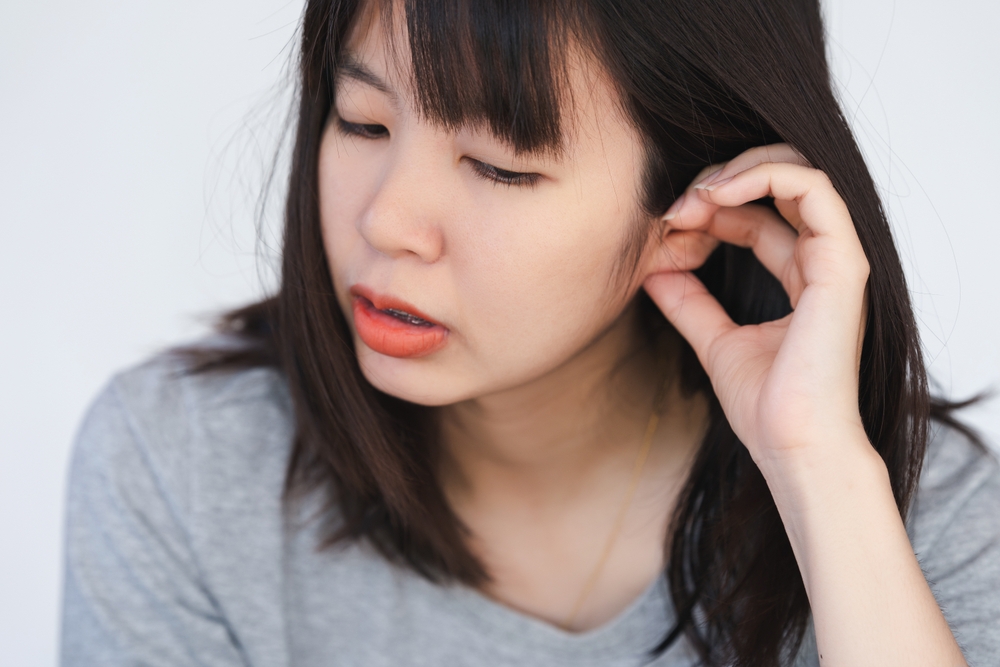If there are indications that your child might require ear tubes, they are not alone in facing this situation. Ear tube surgery, medically known as tympanostomy, stands as the most frequently performed childhood surgery in the United States annually. Typically conducted by an otolaryngologist (ENT), let’s explore the reasons why ear tubes may become necessary.
Why are ear tubes necessary?
Ear tubes may be required for both adults and children. This surgical procedure facilitates ventilation in the middle ear by opening the Eustachian tube, which connects the middle ear to the back of the throat. The Eustachian tube plays a crucial role in regulating pressure and maintaining ventilation in the middle ear by opening and closing as needed.
When the Eustachian tube fails to function properly, an ENT specialist can create an opening and insert a small artificial tube from the eardrum side. These ear tubes serve to alleviate accumulated pressure and facilitate the normal flow of air.
What are the signs your child may need ear tubes?
Several scenarios may prompt an ear, nose, and throat professional to suggest the insertion of ear tubes. They include:
- Frequent ear infections, particularly at a rate of at least three within six months or four in a year, serve as a primary indicator that your child may require ear tubes. The insertion of ear tubes is often an effective remedy for this issue, addressing the presence of fluid during infections and in between them.
- If your child is experiencing hearing loss, ear tubes can be a beneficial solution. The hearing impairment is typically attributed to the accumulation of fluid in the middle ear.
- Diminished hearing may result from a collapsed eardrum due to infections.
- Ear tubes may be recommended for children dealing with permanent hearing loss or speech concerns.
- Children facing an elevated risk or developmental challenges, such as those with a cleft lip or palate, autism, Down syndrome, or visual impairment, may also be considered candidates for ear tube insertion.
What to expect when your child needs ear tubes
The insertion process is brief, and your child will not experience any pain. For young children, sedation is typically administered to prevent movement during the procedure. The tubes will naturally fall out after approximately 18 months.
In the event that hearing problems or infections persist over time, another set of tubes may be necessary. Improved airflow, facilitated by the tubes, prevents the accumulation of fluid and reduces the likelihood of bacterial breeding.
If your child is experiencing an abnormal amount of ear infections, contact an ENT specialist near you to schedule an appointment for your little one.



